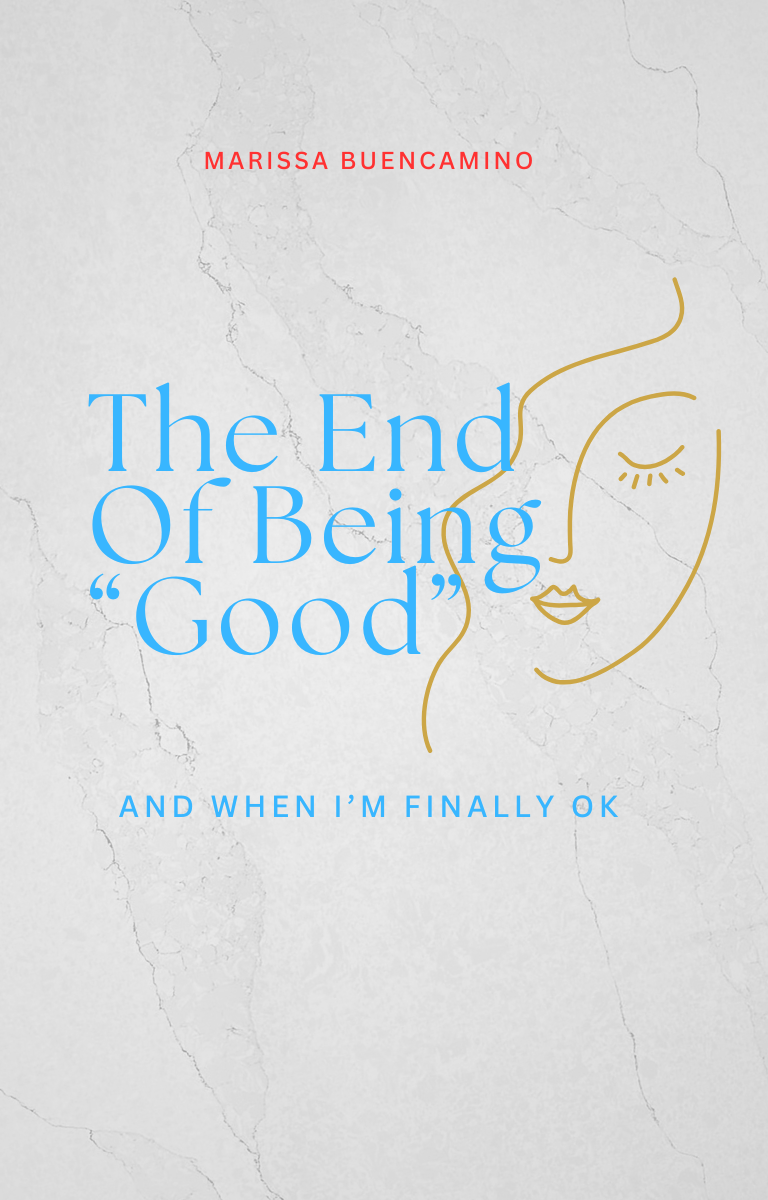
Alright, I’m just going to come right out and say it: I think I’m done with being “good.” You know, that subtle code society implants into us that says we’re supposed to be pleasant, considerate, self-sacrificing, and just this side of a human doormat to be deemed likable and decent. For most of my life, I’ve been the poster child for it—almost comically so. I’ve been that friend who’ll stay on the phone for hours listening to everyone’s problems, that colleague who’ll take on the extra tasks, that person who never says “no” even when I’m drowning in my own to-do list. But lately, the scales have started to tip, and I think I’m ready to hang up my “good person” badge for a bit.
Let me be clear: I’m not saying I’m suddenly going to start being rude, selfish, or generally unpleasant (don’t worry, I’m not about to become your “get-off-my-lawn” neighbor). I’m just tired of holding myself to an impossible standard that, I’ve realized, is only really enforced by…me. Somewhere along the way, I started to feel that to be “good,” I had to prioritize everyone else and leave myself running on fumes. And now, those fumes are starting to smell pretty bitter.
The Overwhelming Burden of “Niceness”
Being “good” can be exhausting. There, I said it. For a while, I thought it was just me—like I hadn’t cracked some mysterious adult code that everyone else seemed to get. But the truth is, being endlessly agreeable is draining. You get caught in a never-ending game of people-pleasing where you’re always saying, “Sure, I can do that!” even when you’re already stretched thin. The crazy part? Nobody asked me to! No one was hovering over me, clipboard in hand, ready to dock points if I didn’t volunteer to babysit my friend’s three dogs and two hamsters.
And yet, I had this bizarre sense that to be a good person, I had to. I figured, who else is going to do it if not me? It’s a question that’s part selfless and part self-sabotage. So I said yes and then yes again and again until my schedule looked like a game of Tetris about to explode. I took on so much that even my calendar app staged an intervention.
The Breakup with “Good” Began with a Burnout
Then came the burnout—sneaky, slow, and completely inevitable. It’s like one day, I was the Energizer Bunny, and the next, I was that sad little battery that gave up in the remote during your favorite show’s season finale. I was mentally, emotionally, and physically exhausted, to the point where I had to take a good, hard look at what was happening.
Why was I doing so much for everyone else, yet feeling so resentful about it? Why did I feel guilty if I chose to spend time on myself or (gasp) say no to someone? What was I trying to prove?
Turns out, my good-girl complex wasn’t for anyone’s benefit but my own insecurities. I thought if I was always nice, always helpful, always selfless, I’d somehow earn my place in people’s lives. But in reality, it was keeping me at a constant simmer of resentment. I was working so hard to be good that I’d forgotten how to be me.
Learning to Redefine “Good” (Hint: It Involves Boundaries)
So I did something wild. I stopped saying yes to things I didn’t want to do. It was terrifying at first, like I was waiting for the sky to fall just because I politely declined my colleague request for assistance. But once I survived the first “no” without catastrophic fallout, I got a little braver. It wasn’t some monumental shift overnight, but I started picking and choosing where I invested my energy.
And you know what? Boundaries didn’t make me a bad person. They just made me a better friend to myself. I still want to help others, but now it’s coming from a place of genuine willingness rather than obligation. Turns out, saying no doesn’t make you a villain. It just makes you human. I’m learning that my time and energy are finite, and that’s okay—normal, even.
Letting Go of the Fear of Disappointing Others
One of the most freeing realizations in this whole process has been understanding that I’m not responsible for managing everyone’s feelings. This one is a kicker because, if you’ve ever been a compulsive “good person,” you know the amount of emotional gymnastics that go into keeping people pleased.
You start anticipating people’s reactions before they even have them, walking on eggshells to ensure you don’t inadvertently upset someone. But that’s their stuff, not mine. People are going to feel how they feel, regardless of how many hoops I jump through. And honestly? Real friends, real family—they’re not going to disown you because you said no or because you chose to do what’s best for you. In fact, some of them may even admire it.
Goodbye to the Good-Girl Complex, Hello to…Just Me
So here’s where I am now: somewhere between “recovering people-pleaser” and “still figuring it out.” I’m still unlearning a lot of the guilt that creeps in whenever I choose myself, but I’m getting better. I’m realizing that my worth isn’t tied to how many boxes I check off for other people. And honestly, it’s exhilarating.
This shift isn’t about becoming selfish or abandoning empathy. It’s about giving myself permission to exist outside the endless list of demands that I used to think made me a “good person.” Because at the end of the day, the only real person who can define what being good means… is me.
So, here’s to the end of being “good.” Here’s to more messy, imperfect, real living—where I choose kindness, honesty, and boundaries. And if that’s not good enough, well, maybe “good” wasn’t all it was cracked up to be anyway.

If some one wishes expert view concerning blogging then i advise him/her to go to see this website,
Keep up the good job.
This paragraph will help the internet visitors for setting up new blog or even a weblog from start to end.
I’ve been exploring for a little for any high-quality articles or weblog posts on this sort of area .
Exploring in Yahoo I ultimately stumbled upon this website.
Reading this information So i’m glad to show that I have an incredibly excellent uncanny feeling I discovered just what I needed.
I such a lot certainly will make sure to do not overlook this website and
provides it a glance regularly.
Thanks for sharing. I read many of your blog posts, cool, your blog is very good.
I don’t think the title of your article matches the content lol. Just kidding, mainly because I had some doubts after reading the article.